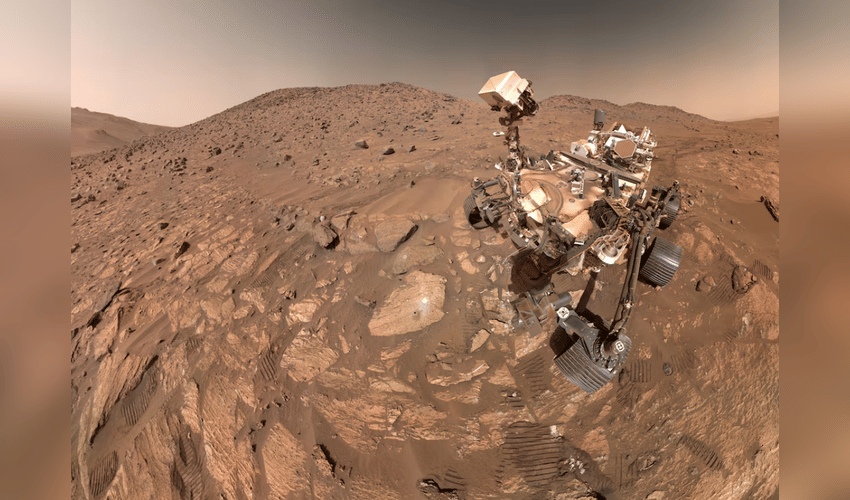World
NASA's Perseverance Rover Uncovers Strongest Signs of Ancient Microbial Life on Mars

NASA's Perseverance rover has made a groundbreaking discovery that could be one of the most significant in the search for life beyond Earth. In July 2024, the rover collected a rock sample from Mars' Jezero Crater, specifically from an ancient dry riverbed known as Neretva Vallis. This rock, nicknamed "Cheyava Falls," contains what scientists call potential biosignatures—chemical and mineral signs that may indicate ancient microbial life.
The sample, referred to as "Sapphire Canyon," was found in the Bright Angel formation, an area rich in sedimentary rocks composed mainly of clay and silt. On Earth, such deposits are ideal for preserving evidence of past life. The rover's onboard instruments detected colorful mineral spots on the rock's surface, consisting of iron phosphate (vivianite) and iron sulfide (greigite). These minerals could have formed as a result of biochemical reactions by microorganisms, although non-biological processes cannot be completely ruled out yet.
The rock also contains a mix of organic carbon, sulfur, phosphorous, and oxidized iron, all key elements that could have supported microbial metabolism billions of years ago when Mars held flowing water. This convergence of chemical clues is considered the clearest evidence yet discovered by NASA suggesting that Mars may have once hosted life.
NASA’s acting Administrator Sean Duffy highlighted the discovery as the closest humans have come to confirming life on Mars. However, he and the mission team stress that this finding represents a potential biosignature rather than definitive evidence and requires further analysis. The research has been published in the journal Nature, allowing scientists worldwide to examine the data thoroughly.
This discovery not only expands our understanding of Mars’ ancient environment but also strengthens the foundation for future missions, including sample return efforts that aim to bring Martian rocks to Earth for detailed laboratory study. These advanced analyses on Earth could conclusively determine whether the chemical signs found by Perseverance indeed point to ancient microbial life on the Red Planet.



